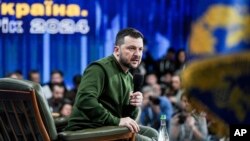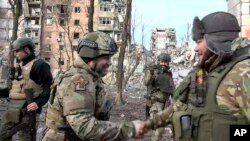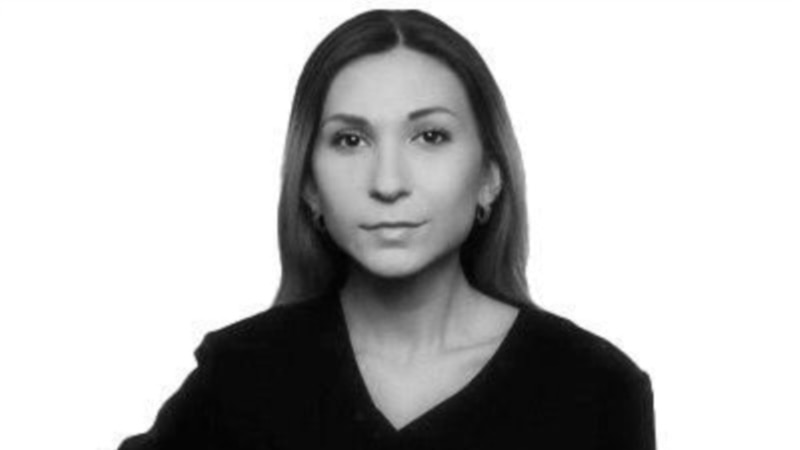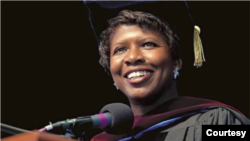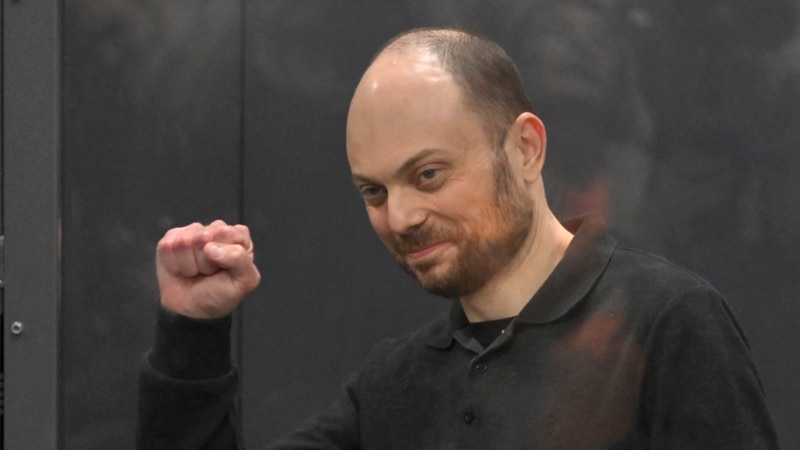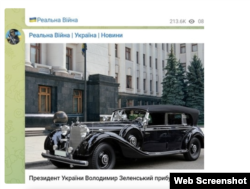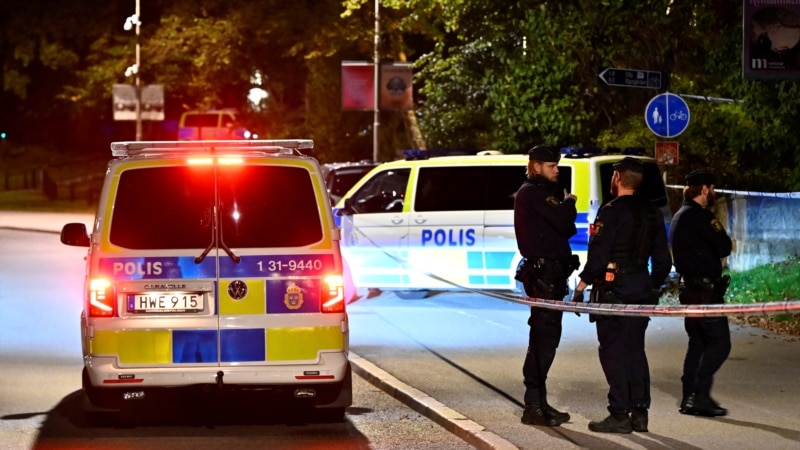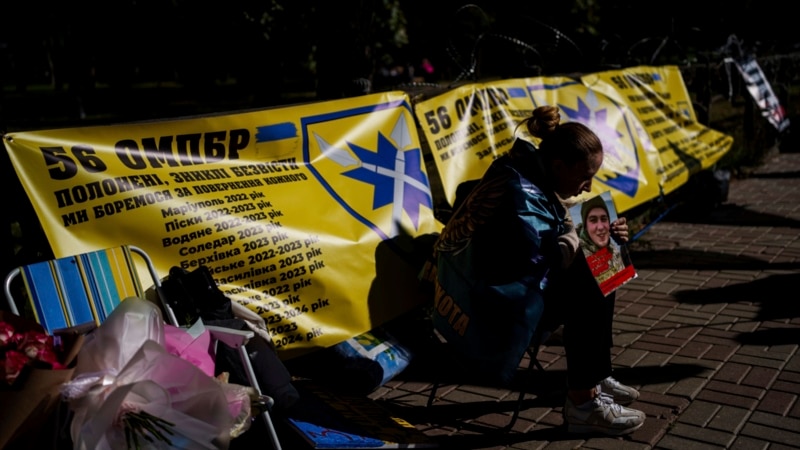Ukraine’s military said Monday that Russian forces attacked the country overnight with 14 drones and six missiles.
Ukraine’s air force said Ukrainian air defenses shot down nine of the 14 drones, with the intercepts taking place over the Kharkiv and Dnipropetrovsk regions. Ukraine also destroyed three of the missiles, the military said.
The latest attacks came as European leaders prepared to gather Monday in Paris to send a message of resolve to Russian President Vladimir Putin and counter the Kremlin’s narrative that Russia is bound to win a war now entering its third year, France said.
French President Emmanuel Macron has invited his European counterparts to the Elysee Palace for a working meeting announced at short notice after, what his advisers say, was an escalation in Russian aggression over the past few weeks.
The United States will be represented by Jim O’Brien, U.S. assistant secretary of state for European and Eurasian affairs, and Canada by Defense Minister Bill Blair.
“We want to send Putin a very clear message, that he won’t win in Ukraine,” a French presidential adviser told reporters in a briefing.
The adviser, however, said the working meeting would not be an occasion to announce new weapon deliveries to Ukraine but more to brainstorm ways to be more efficient on the ground, as well as increase coordination between allies and Ukraine.
Military aid for Ukraine
Ukrainian President Volodymyr Zelenskyy said Sunday that Ukraine’s victory in the war against invading Russian forces depends on support from the West, adding that he felt “positive” about the prospect of long-range missiles being supplied to Kyiv by its allies and partners.
Speaking at a news conference in Kyiv, Zelenskyy also said he was certain that the U.S. Congress would approve a major new batch of military and financial assistance but noted that Ukraine needed that decision to be made “within a month.”
Zelenskyy was asked by VOA about the possibility of Ukraine receiving an invitation to join NATO at a planned NATO summit in Washington in July.
“As I understand, all [NATO] partners support Ukraine in providing such an invitation. And everyone agrees that in the future, Ukraine will be in NATO. … This decision [to extend an invitation] depends on the U.S. and Germany. This is a fact,” he said.
The U.S. and Germany are the top countries donating military and economic aid to Ukraine. Both countries have voiced support for Ukraine joining NATO, but officials have said now is not the time.
Earlier in February, at a meeting of the NATO defense ministers in Brussels, U.S. ambassador to NATO Julianne Smith said she does not expect the alliance to issue a membership invitation to Ukraine at the summit in July.
“I do not expect the alliance to issue an invitation at this juncture,” Smith said on Feb. 13. “I do anticipate that the allies will be able to signal that the alliance continues to move closer to Ukraine and that we are taking concrete steps to serve as a bridge between where we are now and that full-fledged membership.”
On Sunday, Zelenskyy also was asked by VOA if there were risks to international security if Ukraine was not given an invitation this summer to join the 31-nation bloc.
“What are the risks? I can’t say. I don’t see any risks in inviting Ukraine to NATO. … I think the risks are related to the inadequacy (unpredictability) of Putin’s reaction. I believe this step, the invitation, does not contain any risks,” he said.
Peace summit
Zelenskyy expressed hope that a peace summit being planned by Switzerland will address Kyiv’s vision for ending the two-year war with Russia and that the outline of that peace plan would be presented to Russia.
“I hope it will take place this spring. We must not lose this diplomatic initiative,” he told reporters. “We will offer a platform on which he [Putin] can agree that he lost this war and that it was a mistake. A big mistake.”
So far, the Kremlin has not reacted to Zelenskyy’s comments, but in the past it has called Kyiv’s peace plan absurd because it excluded Russia and said there is no current basis for peace talks between Russia and Ukraine.
Andriy Yermak, Zelenskyy’s chief of staff, has floated the possibility that Ukraine and its foreign partners could invite Russia to the future summit to discuss an end to Moscow’s invasion on Kyiv’s terms.
Zelenskyy’s peace formula calls for restoring Ukraine’s territorial integrity and a total withdrawal of Russian troops.
Zelenskyy disclosed for the first time that 31,000 Ukrainian soldiers had been killed during the invasion. “Not 300,000, not 150,000 … Nevertheless, this is a big loss for us.”
He warned that Russia will prepare counteroffensive operations in early summer, or at the end of May if it can, and that Ukraine had to be ready.
Zelenskyy said his country is approaching a turning point.
“A year of elections, defocusing, everything at once, challenges from outside, from within. … I believe the format of how the war ends will depend on this year,” he said.
“Now is the most difficult moment for our unity, and if we all fall apart, from the outside and God forbid inside, then this will be the weakest moment. It hasn’t happened yet.”
Ukraine setback on the battlefield
After initial successes in pushing back the Russian army, Ukraine has suffered setbacks on eastern battlefields, and it lost the strategic eastern city of Avdiivka.
Ukrainian generals are complaining of shortages of arms and soldiers.
“At the moment, commitment does not constitute delivery,” Ukrainian Defense Minister Rustem Umerov said Sunday during a forum in Kyiv dedicated to the second anniversary of Russia’s invasion.
Umerov said that each delayed aid shipment meant Ukrainian troop losses, and underscored Russia’s military might and “air superiority.”
“We look to the enemy: their economy is almost $2 trillion; they use up to 15% official and nonofficial budget (funds) for the war, which constitutes over $100 billion annually. So basically, whenever a commitment doesn’t come on time, we lose people, we lose territory,” Umerov said.
The Biden administration is seeking about $61 billion in aid for Ukraine, but it is stalled in the Republican-majority U.S. House of Representatives.
In a televised interview Sunday on NBC’s “Meet the Press,” U.S. national security adviser Jake Sullivan expressed confidence that Ukraine can win this war if “it has the tools that it needs,” urging the U.S. House of Representatives to “step up and pass that bill.” He was referring to the Ukraine aid package that was passed by a massive bipartisan vote in the Senate.
Sullivan said it is up to House Speaker Mike Johnson to overcome political divisions in his caucus and “put the vote on the floor.”
Eastern Europe Bureau Chief Myroslava Gongadze contributed to this report. Some information for this story came from The Associated Press, Agence France-Presse and Reuters.

